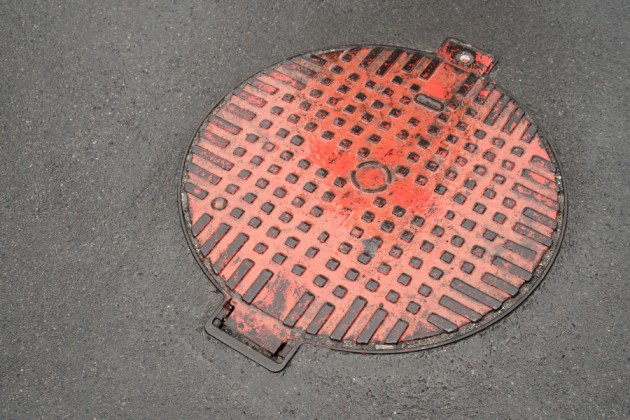
FRP (Fiberglass Reinforced Plastic) manholes are a type of manhole made from composite materials, primarily fiberglass combined with resins, designed for use in sewer systems, stormwater management, or other underground infrastructure. The use of FRP in manholes offers several advantages over traditional materials like concrete or steel, including:
- Corrosion Resistance: FRP is highly resistant to corrosion, making it ideal for use in environments where exposure to chemicals or moisture can cause metal or concrete to degrade.
- Lightweight: FRP manholes are lighter than traditional concrete manholes, which makes them easier and less expensive to transport and install.
- Durability: FRP is strong and can withstand heavy loads and pressure, which is important for manholes in high-traffic or industrial areas.
- Customizable: FRP manholes can be designed in various sizes and configurations to meet specific project needs, including different diameters, depths, and load-bearing capacities.
- Low Maintenance: Due to the corrosion-resistant properties, FRP manholes require minimal maintenance over their lifespan.
- Long Service Life: FRP manholes can last for decades without the need for repairs or replacement, offering long-term cost savings.
These manholes are often used in harsh environments, such as wastewater treatment plants, chemical plants, or areas prone to flooding, where traditional materials would quickly degrade.
